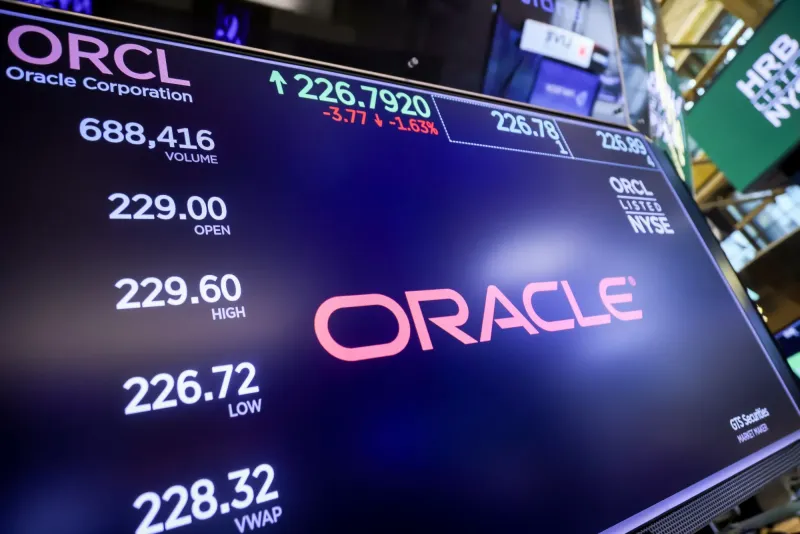Food prices continued to rise in major markets in Lagos State, with pepper prices jumping 100% in just two weeks, raising concerns among market traders and residents of the state.
This is according to the latest food price market survey conducted, which covers four major markets in Lagos - Mushin, Daleko, Oyingbo and Mile 12 Markets.
Notably, a large offtake that sold for an average of 20,000 Naira two weeks ago has doubled in price to sell for an average of 40,000 Naira at various markets in Lagos State. According to market traders, the sharp increase in pepper prices is due to seasonal fluctuations and food scarcity.
Similarly, the price of a 50kg bag of Royal Stallion rice (foreign) increased by 22.6% to an average of N34,000 from an average of N27,725 recorded two weeks ago. The main factors driving rice prices higher are scarcity and exchange rate depreciation.
The exchange rate fell to N718/1 dollar in July 2022, causing the prices of domestic goods and services to skyrocket, as many importing companies complained about the scarcity of foreign exchange.
Read Also: Improving Nigeria's Chances to Grow Africa's Digital Economy
On the other hand, prices of tomatoes, bush mango seeds (ogbono) and sugar decreased compared to the previous period. The price of a small bag of oval tomatoes fell 23.6% to an average of N12,125 compared to N15,875 recorded two weeks ago.
Nigeria's food inflation rate rose to 20.6% in June 2022 from 19.5% recorded the previous month, a ripple effect of rising energy costs across the country, leading to higher transportation costs and increased food prices.
Similarly, the price of a 50kg bag of Royal Stallion rice (foreign) rose by 22.6% to sell for an average of N34,000 from an average of N27,725 recorded two weeks ago. The major factors attributed to the surge in the price of rice were scarcity and the depreciating exchange rate.
Recall, Nairametrics reported that the exchange rate depreciated as low as N718/$1 in the month of July 2022, which triggered a spiral surge in the prices of goods and services in the country, as many importing companies lamented FX scarcity.
On the other hand, prices of tomatoes, bush mango seed (ogbono), sugar recorded a decline compared to the previous period. The price of a small-sized bag of oval-shaped tomatoes dropped by 23.6% to sell for an average of N12,125 compared to N15,875 recorded two weeks ago.
Nigeria’s food inflation rate rose to 20.6% in the month of June 2022 from 19.5% recorded in the previous month, a ripple effect from the increase in the energy cost across the country, which led to an uptick in transportation cost and by extension food price increases.
The survey report compiles information on food items that witnessed a decrease in their prices, items that recorded price increase, as well as market insights.
Items that recorded price increase
The price of an 800g pack of Dano milk increased by 29.37% to sell for an average of N3,700 compared to N2,860 recorded two weeks ago.
Also, a kilo of fish (horse mackerel) that was sold for an average of N1,600 two weeks ago, increased by 25% to sell for an average of N2,000.
A 2kg pack of Honeywell wheatmeal rose by 13.21% to sell for an average of N1,200 from N1,060 sold in July.
A big-sized tuber of yam which was previously sold for an average of N2,125, now sells for an average of N2,375, recording a 11.76% increase.
A pack Power Pasta now sells for an average of N450 from the initial average of N380 recorded two weeks ago, thereby representing an increase of 18.42%
The price of a 52g pack of Lipton Yellow Label also recorded an increase of 14.6% to sell for an average of N550 from the initial average price of N480.
Other items that witnessed price increases within the last 14 days under review, include Gallon of local palm oil, a carton of full chicken, potato, onion etc.
Items that recorded a drop in price
The price of a big bag of bush mango seed, also known as ‘ogbono’ decreased by 21.4% to sell for an average of N165,125 compared to N210,125 recorded two weeks ago.
A pack of Dangote Sugar now sells for an average of N520 from N650 recorded two weeks ago, representing a 20% price decline.
Also, a small plastic pack of crayfish that was initially sold for an average of N5,625 now sells for N4,750 representing a 15.56% decrease in price.
A 400g pack of Loya refill milk that was initially sold for an average price of N1,675 recorded a 13.43% decline to sell at N1,450.
Other items that dropped in price include crates of egg, Honeywell wheatmeal, potato etc.
Market Insights
Speaking with Best, a major grain trader at Mile-12 Market, he explained that the decline in the price of bush mango seed is largely due to a substitute grain, called “Ugheli ogbono”, which is less attractive and tasteful compared to the commonly consumed seed. According to him, the Ugheli seed is cheaper compared to the common seed.
“We have two types of ogbono, a big bag of the main ogbono costs about N210,000 while the other type, known as Ugheli ogbono is sold for N160,000 but it does not have the same savory effect”, he explained.
However, he noted that Nigerians now have to buy the cheaper brand, despite not having the same appeal as the main seed. This is due to the decline in people’s purchasing power, hence, a choice for cheaper items.
Malam Anas, a yam trader at Daleko Market, attributed the increase in the price of yam and potatoes to the high cost of transportation, which is also due to surge in diesel prices.
“Buying from farmers directly is now so expensive because of the high cost of fertilizer, farming equipment, and diesel for transporting the goods”, he lamented.
On the other hand, Adamu Sodiq explained that, “we are currently in the season of new yam, although it is still limited in the market as most farmers are still harvesting, hence the reason for the price increase.”
In a conversation with Azeez, a tomato and pepper trader at Mile12 market complained that poor harvest as a result of the rainy season has caused the increase in the price of most vegetable food items. He also added that the rain had flooded the farm areas in the north, causing damage and losses to the farmers, whilst also still dealing with sustained security concerns.
“The level of insecurity in the northern regions is becoming unbearable and affecting the production and cultivation of pepper, tomatoes, and others”, he added.
Related




